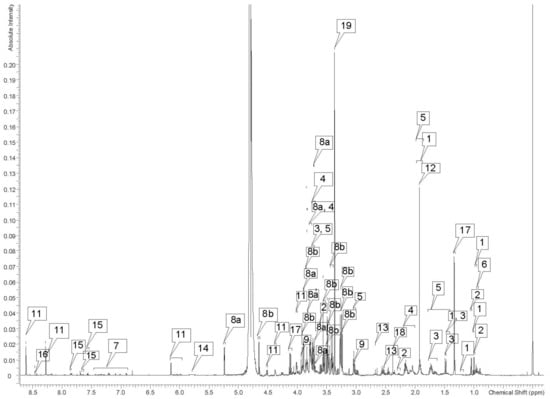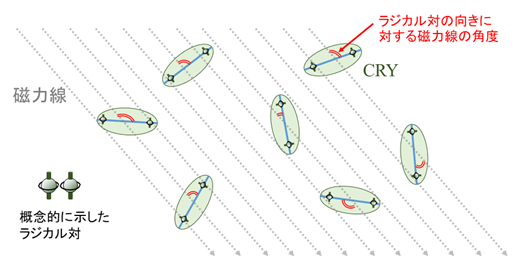2022-05-09 ワシントン大学セントルイス
ワシントン大学セントルイス校を中心とする新しい研究は、野生動物によく見られる寄生虫感染が陸上生態系に及ぼす連鎖的な影響を、数学モデルと世界規模のメタ分析を使って明らかにしました。
<関連情報>
- https://source.wustl.edu/2022/05/nonlethal-parasites-reduce-how-much-their-wild-hosts-eat-leading-to-ecosystem-effects/
- https://www.pnas.org/doi/10.1073/pnas.2117381119
反芻動物への寄生による亜致死影響は、生態系に連鎖的な影響を及ぼす可能性がある Sublethal effects of parasitism on ruminants can have cascading consequences for ecosystems
Amanda M. Koltz, David J. Civitello, Daniel J. Becker,Sharon L. Deem, Aimée T. Classen, Brandon Barton, Maris Brenn-White, Zoë E. Johnson, Susan Kutz, Matthew Malishev, Daniel L. Preston, J. Trevor Vannatta , Rachel M. Penczykowski, and Vanessa O. Ezenwa
Proceedings of the National Academy of Sciences Published:May 9, 2022
DOI:https://doi.org/10.1073/pnas.2117381119

Abstract
Parasitic infections are common, but how they shape ecosystem-level processes is understudied. Using a mathematical model and meta-analysis, we explored the potential for helminth parasites to trigger trophic cascades through lethal and sublethal effects imposed on herbivorous ruminant hosts after infection. First, using the model, we linked negative effects of parasitic infection on host survival, fecundity, and feeding rate to host and producer biomass. Our model, parameterized with data from a well-documented producer–caribou–helminth system, reveals that even moderate impacts of parasites on host survival, fecundity, or feeding rate can have cascading effects on ruminant host and producer biomass. Second, using meta-analysis, we investigated the links between helminth infections and traits of free-living ruminant hosts in nature. We found that helminth infections tend to exert negative but sublethal effects on ruminant hosts. Specifically, infection significantly reduces host feeding rates, body mass, and body condition but has weak and highly variable effects on survival and fecundity. Together, these findings suggest that while helminth parasites can trigger trophic cascades through multiple mechanisms, overlooked sublethal effects on nonreproductive traits likely dominate their impacts on ecosystems. In particular, by reducing ruminant herbivory, pervasive helminth infections may contribute to a greener world.


